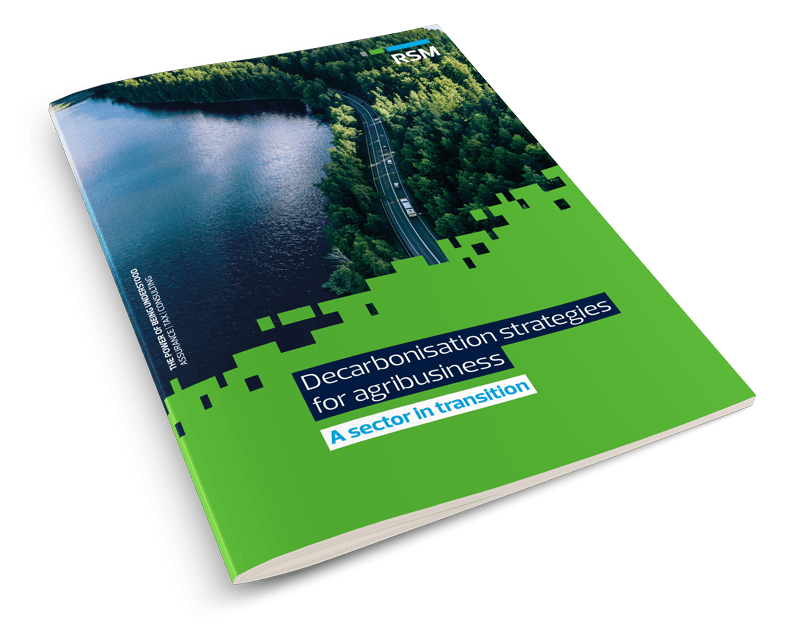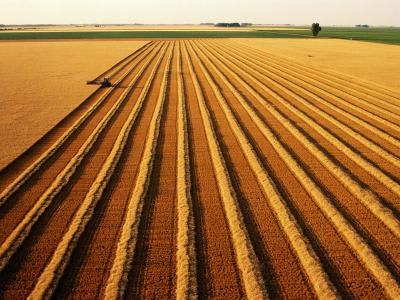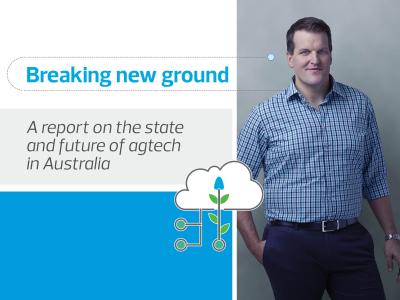Agribusiness is at a turning point. The world is moving towards a zero-carbon future, making decarbonisation inevitable.
Acting now will make the journey smoother, more cost-effective, and open new opportunities.
The introduction of mandatory climate reporting from January 2025 means agribusinesses in the value chain will be impacted, regardless of size.
What you’ll learn:
✅ Why decarbonisation matters – Understand the risks, opportunities and industry-wide impacts.
✅ Practical strategies for action – Reduce emissions while cutting costs, improving efficiency and ensuring compliance.
✅ Market drivers & regulations – Learn how evolving policies and consumer trends shape the future of agribusiness.
✅ Innovative solutions – Discover technologies that lower emissions, boost productivity and unlock new revenue streams.
✅ Financial incentives – Explore grants, subsidies, and investment opportunities that make decarbonisation more affordable.
✅ Exclusive case study on Karinella Farm - Find out about the journey, challenges and opportunities for West Australian Karinella Farms's broadacre soil carbon project
Who should read this report?
Australian farmers & agribusinesses
Navigating sustainability pressures and market demands.
Policymakers & regulators
Shaping agricultural and environmental policies.
Financial institutions & investors
Supporting sustainable agriculture and carbon markets.
Financial institutions & investors
Despite an increase in migration, the skills gap continues to widen. Businesses are finding it harder than ever to recruit and retain the right talent.
Consumers & advocacy groups
For sectors like construction and healthcare, convoluted government policies are creating barriers to growth.
Report Contributors












